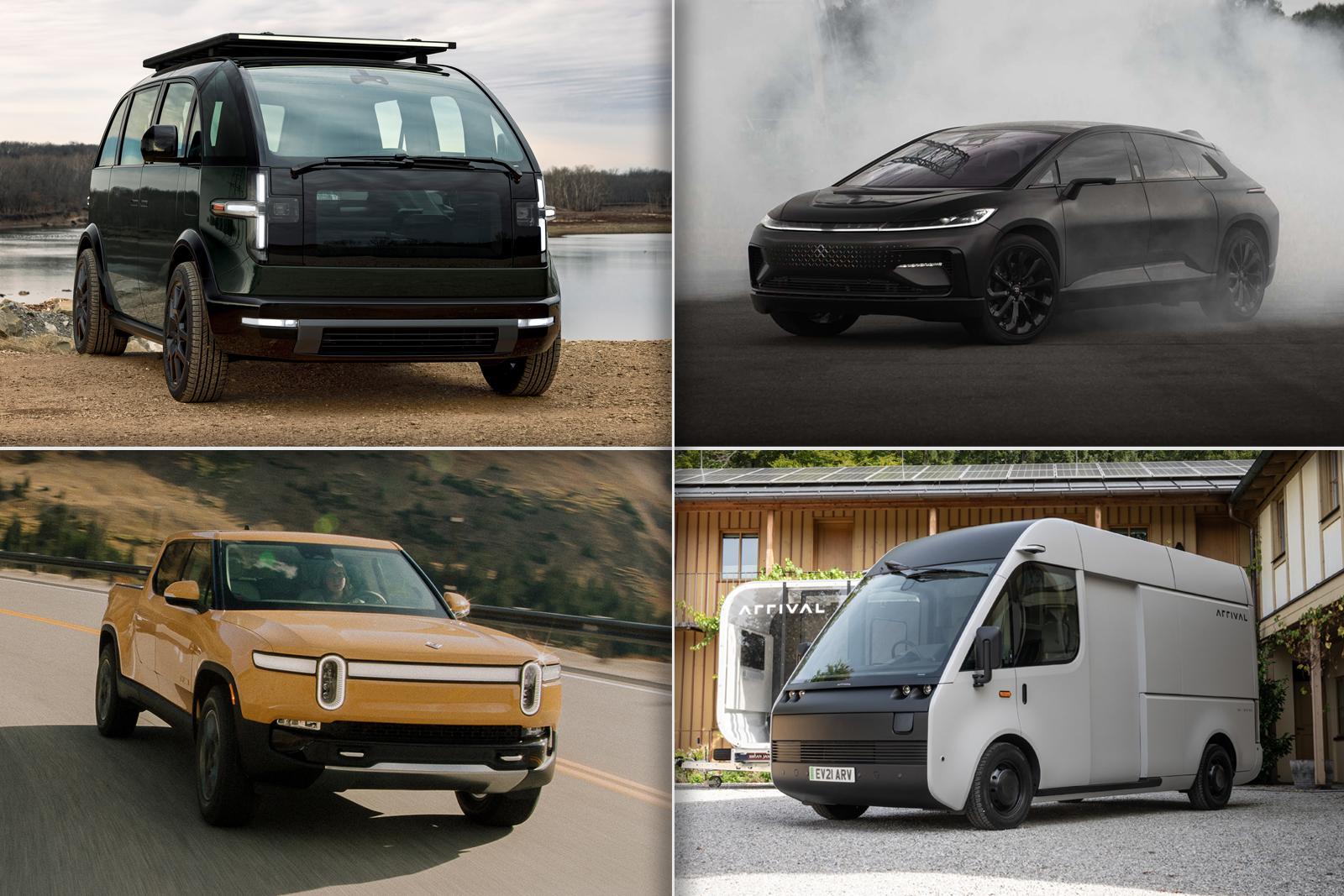
EV Start-ups: Can Anyone Replicate Tesla’s Runaway Success?
As the world continues to move towards sustainable energy sources and a zero-emission future, electric vehicles (EVs) have become the focal point of attention in the automotive industry. Tesla is arguably the most well-known and successful company in the EV space, but can other start-ups replicate their runaway success?
The State of the EV Industry
The global EV market is expected to grow at a CAGR of over 20% during the forecast period of 2021-2026, driven by increasing demand for zero-emission vehicles, government incentives, and improving infrastructure for EVs. While Tesla currently dominates the EV market, other start-ups are emerging with bold plans to disrupt the industry.
Challenges for EV Start-ups
Despite the growing demand for EVs, starting an EV company from scratch is far from easy. EV start-ups face a plethora of challenges, such as high costs of research and development, sourcing materials for batteries, regulatory issues, and competition from established players in the market.
Research and Development
Developing an EV is not just about creating a battery and plugging it into a car. EVs require extensive research and development to ensure they are safe, reliable, and have a decent range. The cost of R&D for an EV can run into billions of dollars, which is why many start-ups struggle to bring their products to market. Tesla has a significant advantage over other companies in this regard, having invested heavily in R&D over the years.
Materials for Batteries
The batteries used in EVs require rare elements such as lithium and cobalt, which are primarily sourced from a handful of countries. The supply chain for these materials is complex and subject to geopolitical risks, which could affect the price and availability of these essential components. EV start-ups that fail to secure a stable supply chain for battery materials could struggle to remain competitive in the long run.
Regulatory Issues
The regulations governing the EV industry are complex and constantly evolving. Start-ups may face hurdles in obtaining licenses and approvals, which can delay their product launch and increase costs. Moreover, the incentives and subsidies provided by governments to promote EV adoption are subject to change, which could affect the demand for EVs in certain regions.
Competition from Established Players
Established players in the automotive industry such as Volkswagen, Ford, and GM are investing heavily in EVs to capture a share of the growing market. These companies have the advantage of economies of scale, established supply chains, and a loyal customer base. It may be challenging for start-ups to compete with these established players, given their deep pockets and resources.
Examples of EV Start-ups
Despite the challenges, several start-ups have emerged with plans to disrupt the EV industry. Some of these companies include:
Rivian
Rivian is an American EV start-up that has raised over $10 billion in funding to develop its electric pickup trucks and SUVs. The company has received investments from Amazon and Ford and plans to launch its first products later this year.
NIO
NIO is a Chinese EV start-up that designs and develops premium electric vehicles. The company has experienced rapid growth in recent years and plans to expand globally.
Fisker
Fisker is an American EV start-up that is developing a range of eco-friendly vehicles. The company recently went public and plans to launch its first electric SUV in 2022.
Conclusion
The EV industry is still in its early stages, and there is ample opportunity for new players to disrupt the market. However, replicating Tesla’s success is no mean feat, and EV start-ups must overcome several challenges to even gain a foothold in the market. Nevertheless, with increasing demand for zero-emission vehicles and improving infrastructure, the EV industry is poised for rapid growth in the coming years.






